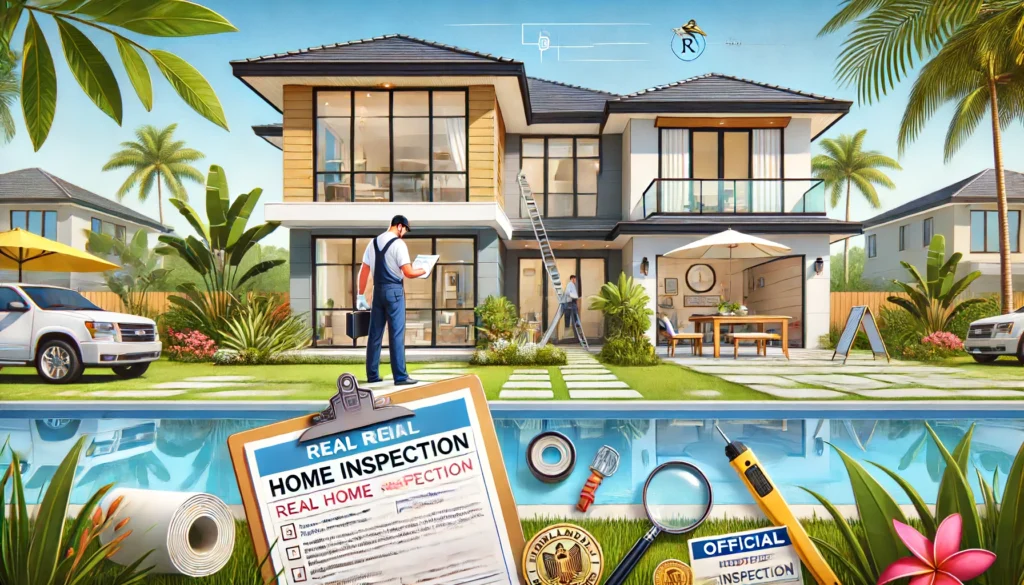Can a vacation home pay for itself and still generate profit?
Vacation Homes Profit
Investing in a vacation home is a dream for many, offering a personal retreat and the potential for financial gain.
But can a vacation home truly pay for itself and still generate profit? This comprehensive guide delves into the strategies, costs, and benefits of owning a vacation home, providing insights to help you make an informed decision.
The Concept of a Vacation Home Investment

Understanding the Basics
A vacation home is a property purchased for leisure use and rental income. Unlike primary residences, vacation homes are often located in tourist destinations or scenic areas. The dual purpose of personal enjoyment and income generation makes vacation homes appealing investments.
Why Invest in a Vacation Home?
Investing in a vacation home can offer several benefits:
- Personal Enjoyment: A private retreat for family vacations.
- Income Generation: Potential to earn rental income.
- Appreciation: Property value may increase over time.
- Tax Benefits: Deductions on mortgage interest, property taxes, and depreciation.
Evaluating Potential Locations
Popular Destinations
Choosing the right location is crucial. Popular vacation spots like beach towns, ski resorts, and cultural cities often have higher rental demand.
Analyzing Market Trends
Study local real estate trends, occupancy rates, and rental prices. Areas with rising popularity and limited rental supply can offer lucrative opportunities.
Considering Proximity and Accessibility
Properties closer to major cities, airports, and attractions tend to attract more visitors, increasing your rental potential.
Initial Costs of Purchasing a Vacation Home

Down Payments
Vacation homes typically require a larger down payment than primary residences, often around 20-30%.
Closing Costs
These include fees for inspections, appraisals, legal services, and more, typically amounting to 2-5% of the property price.
Furnishing and Renovations
Investing in quality furnishings and necessary renovations can make your property more attractive to renters, enhancing its income potential.
Financing Options for Vacation Homes
Mortgages
Many lenders offer second home mortgages, but interest rates may be higher than for primary residences.
Home Equity Loans
Using equity from your primary residence can be a cost-effective way to finance a vacation home.
Alternative Financing
Consider options like crowdfunding, private lenders, or partnerships to finance your investment.
Operating Expenses of a Vacation Home

Property Taxes
Rates vary by location, but expect to pay a significant annual sum.
Insurance
Vacation homes need comprehensive coverage, including liability and rental income protection.
Maintenance and Repairs
Regular upkeep is essential to keep your property in good condition and appealing to renters.
Generating Income from a Vacation Home
Short-Term Rentals
Platforms like Airbnb and VRBO can help you reach a wide audience and maximize rental income.
Long-Term Leases
Consider leasing your property for extended periods during off-peak seasons to ensure consistent income.
Seasonal Rental Strategies
Adjust your rental rates based on demand, offering discounts during off-peak times to attract more renters.
Marketing Your Vacation Home

Effective Listing Techniques
High-quality photos, detailed descriptions, and positive reviews can enhance your property’s appeal.
Utilizing Rental Platforms
Leverage popular rental websites to reach potential renters globally.
Building a Strong Online Presence
Create a website or social media profiles to showcase your property and attract direct bookings.
Managing a Vacation Home
Self-Management vs. Property Management
Decide whether to manage the property yourself or hire a professional management company. Each option has its pros and cons.
Hiring a Management Company
A property management company can handle bookings, maintenance, and guest interactions, providing convenience at a cost.
Tax Considerations for Vacation Homes
Rental Income Taxes
Report rental income to the IRS, but you can deduct related expenses, reducing your tax liability.
Property Tax Deductions
Deduct property taxes on your vacation home, potentially lowering your taxable income.
Depreciation Benefits
Depreciate the property over time, which can provide significant tax savings.
Legal Aspects of Renting a Vacation Home

Local Regulations
Ensure compliance with local zoning laws, rental regulations, and permit requirements.
Rental Agreements
Draft clear, comprehensive rental agreements to protect your interests and outline terms for renters.
Liability Protection
Obtain liability insurance to cover potential accidents or damages that may occur on your property.
Maximizing Profit from a Vacation Home
Pricing Strategies
Set competitive yet profitable rental rates based on market analysis and demand.
Off-Peak Season Rentals
Offer promotions during low-demand periods to maintain steady income.
Enhancing Guest Experience
Provide exceptional amenities and customer service to garner positive reviews and repeat bookings.
Case Studies of Profitable Vacation Homes

Real-Life Examples
Analyze successful vacation rental properties to understand what strategies worked for them.
Key Takeaways
Learn from these examples to apply proven methods to your own investment.
Challenges and Risks of Owning a Vacation Home
Market Volatility
Real estate markets can fluctuate, affecting property values and rental demand.
Seasonal Demand Fluctuations
Vacation homes may experience periods of low occupancy, impacting income consistency.
Maintenance Issues
Unexpected repairs and ongoing maintenance can be costly and time-consuming.
Sustainable Practices for Vacation Homes
Eco-Friendly Upgrades
Invest in energy-efficient appliances, solar panels, and sustainable materials to attract eco-conscious renters and reduce costs.
Reducing Operational Costs
Implementing green practices can lower utility bills and enhance your property’s appeal.
Attracting Eco-Conscious Renters
Promote your property’s sustainability efforts to stand out in a competitive market.
Future Trends in Vacation Home Rentals
Emerging Markets
Identify up-and-coming vacation destinations to invest in properties with high growth potential.
Technological Advancements
Utilize smart home technology and automation to improve guest experience and streamline management.
Changing Consumer Preferences
Stay informed about evolving traveler preferences to adapt your offerings and stay competitive.
Conclusion
Investing in a vacation home can be a rewarding venture, offering both personal enjoyment and financial benefits. By carefully evaluating locations, managing costs, and implementing effective rental strategies, a vacation home can indeed pay for itself and generate profit. Stay informed about market trends, legal considerations, and sustainable practices to maximize your investment’s potential.
FAQ
What are the key factors to consider when buying a vacation home?
Location, market trends, initial costs, and financing options are critical factors. Assess potential rental income and operating expenses as well.
How can I maximize rental income from my vacation home?
Implement effective marketing strategies, set competitive pricing, and offer exceptional amenities. Consider off-peak rentals and seasonal promotions.
Are there tax benefits to owning a vacation home?
Yes, you can deduct mortgage interest, property taxes, and depreciation. Rental income is taxable, but related expenses can reduce your tax liability.
Should I manage my vacation home myself or hire a property manager?
Self-management offers more control and cost savings, while property management companies provide convenience and professional services.
What are the risks of owning a vacation home?
Market volatility, seasonal demand fluctuations, and maintenance issues are common risks. Proper planning and management can mitigate these challenges.
How can sustainable practices benefit my vacation home investment?
Eco-friendly upgrades can reduce operational costs and attract more renters. Promoting sustainability can differentiate your property in the market.





